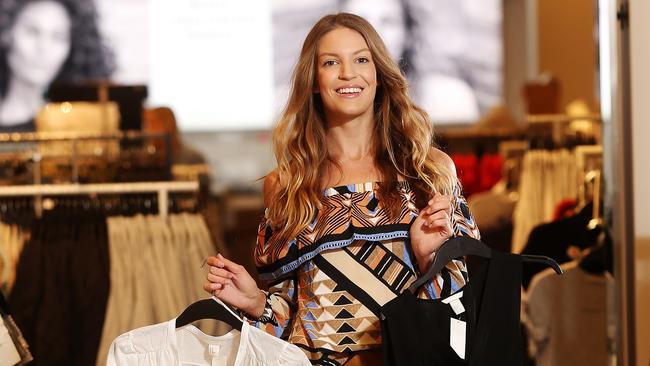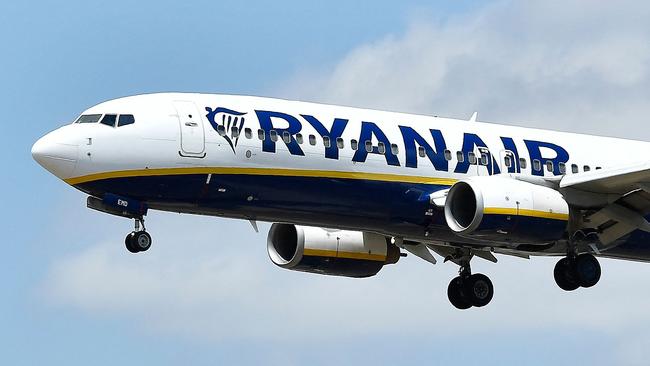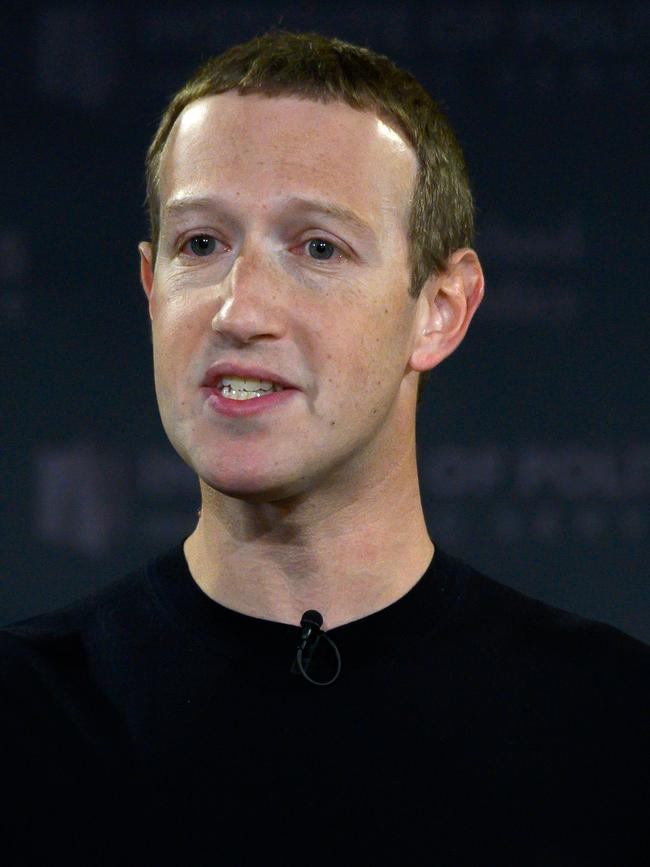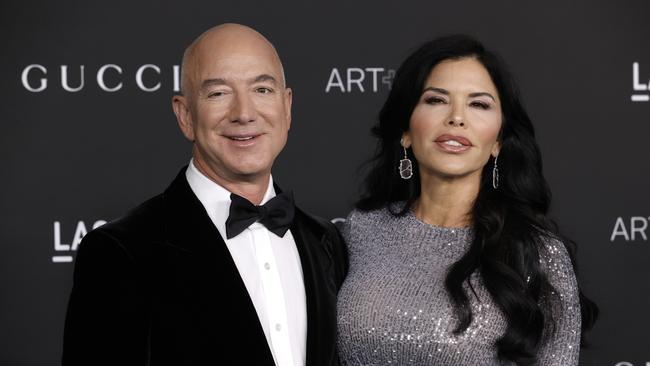Society pays the price for our cheap goods

Rudeness is not admirable, nor is his airline comfortable, not when you’ve queued an hour on concrete stairs at some hellhole cheap gate. But in the summer travel chaos Ryanair had only a tenth of the cancellations of British Airways or easyJet: O’Learyism may be a necessary evil. And this time, announcing that super-cheap fares are over, he said something very important. He said “flying is too cheap for what it is”. He’s right: when you can be wafted from Liverpool to Amsterdam for a third of a petrol refill and Alicante seems closer than Bournemouth, there is something unbalanced going on. A casual disrespect for the design, engineering and maintenance skills that hoist heavy machines 30,000ft into the air and propel them across continents.

Even allowing for economies of scale, the lowest fares make flight “too cheap for what it is”. It was in the interests of the budget airlines to make it so, to addict us and blur both our animal sense of reality and our acquired awareness of environmental damage.
But forget airlines: look at other things “too cheap for what they are”. It may be tactless to mention it just as our attention is on rising prices of essentials - food and fuel - but the point is that too-cheap things are generally inessentials. The two phenomena are wickedly connected. When something is too cheap for its value the odds are that someone’s work, physical wellbeing and security are being undervalued to make it so. A sweatshop, damaged ecosystem, wrecked neighbourhood, industrial blight, employment kept deliberately insecure: something usually pays the price when top-of-the-tree consumers get a bargain.
An obvious example is fast fashion. We’ve known for years about clothes made under harsh supervision, often far away, by employees underpaid, exhausted, too young or economically enslaved, just so that a party dress or a hoodie can sell for five quid and be worn twice. There has been plenty of exposure of global sweatshops, many pictures of mountains of discarded garments washed up on African beaches or rotting in Turkish landfill. They may not be great clothes but they were functional, our ragged ancestors would have treasured them, and their very cheapness is an insult to the hands that made them or tended the machines spinning their fabrics out of oil products and fossil-fuelled energy. Argue if you will that cheap schmutter is a boon to our poorest, but that doesn’t explain the tonnes that turn up in landfill. Better to raise wages and welfare so everyone can buy, keep and mend decent stuff.
What else is indecently cheap today? Delivery. The lives and security of warehouse staff and van drivers are occasionally deplored in reports on employment, but the idle expectation prevails that a few clicks of the forefinger will bring a couple of replacement cables or a pair of nail scissors at pounds 4.99 to our door in a day or so, in a huge box and diesel van. And if those scissors - steel implements, precious beyond imagining to our forefathers and shipped across the world by low-paid Filipino seafarers - should slip behind the radiator, who cares? A click will bring another set in another van. Meanwhile, in the cities it becomes normal to order online not just weekly groceries but an odd pint of milk and packet of biscuits, rather than walk to a shop. The food may be properly priced but the delivery - work, fuel, administration - is “too cheap for what it is”.

The empires of Jeff Bezos and Mark Zuckerberg have addicted us to ease and instant gratification. The digital age has brought another benefit too, so cheap it’s free: social media. It is a real boon for affectionate communication, small business advertising and artists: many in that context would gladly pay a penny per click. But it doesn’t ask it and the mass of it is frivolously inessential.
Unlike a postage stamp, phone call or poster on the local fence the very fact that social media is free lures us into thinking it a human right, like breathable air. Yet every self-promoting Instagram, Facebook boast, flippant tweet or WhatsApp has its cost in energy consumption, as giant server-farms across the world are powered and cooled. Most of us do vaguely know that there is an energy cost and also that “if something’s free, you’re the product”, being data-mined and tracked and targeted by distant marketers. But we block that knowledge out, as we always do when things are “too cheap for what they are”. The phenomenon needs an acronym: TCFWTA.

I doubt TCFWTA is good for us as a society. And yes, I hold my hands up, I’m a participant. Nearly all of us are. It feels uneasy, though. It skews not only an awareness of our personal impact but any sense of gratitude for others’ craft and creativity. Oscar Wilde said a cynic “knows the price of everything and the value of nothing”. But even in The Soul of Man Under Socialism poor Oscar didn’t predict how cynical the planet’s rich would get.
The Times







I have a sneaking love-hate admiration for Michael O’Leary, the outspoken chief executive of Ryanair. He spits rude truths at airport authorities, rivals, the media and “idiot” passengers who don’t print their boarding cards. He gambled while others dithered, recruiting and training pilots and crews in November on a hunch that Omicron wouldn’t hold off travel for long. He tells the government to “be honest and own up” about worker shortages after Brexit and reverse “some of the stupidity”.